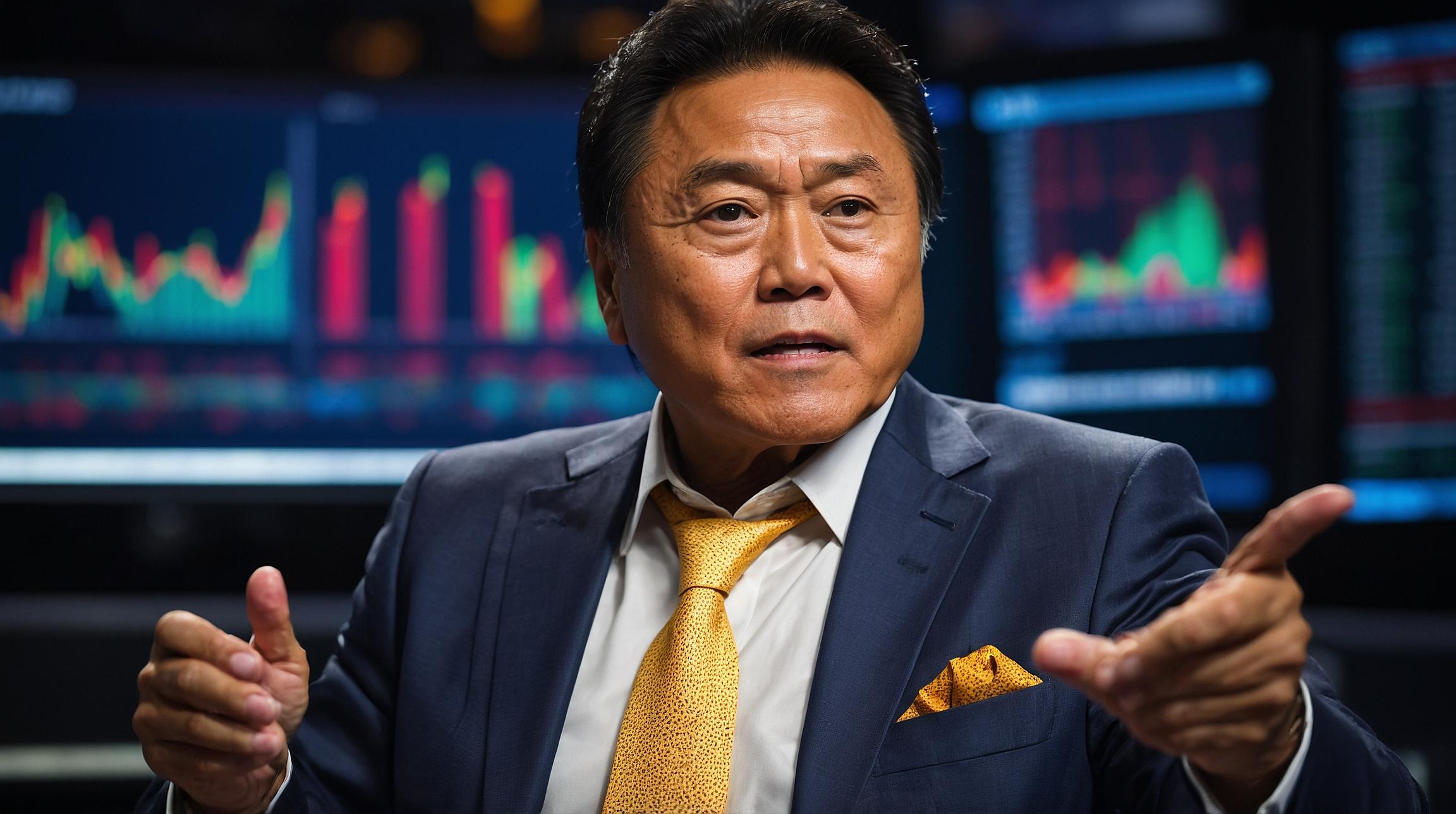Hedge Funds and Their Investment Strategies
Hedge funds, like D.E. Shaw, are investment firms that manage substantial amounts of money and often use sophisticated strategies to maximize returns. D.E. Shaw, a hedge fund founded by David Shaw, is known for its use of quantitative trading—an investment technique that involves advanced mathematics and algorithms to make decisions, aiming to outperform traditional stock picking.
Selling Nvidia: A Calculated Move?
Recently, D.E. Shaw sold 12.1 million shares of Nvidia, trimming its stake in the company by half. On the surface, this move might seem counterintuitive, given Nvidia's leading position in the market for AI-powered graphics processing units (GPUs). These are critical for complex computing tasks like artificial intelligence and gaming. However, the decision seems to reflect a strategic shift as the competitive landscape for GPUs intensifies. With companies like AMD, Intel, and even tech giants such as Meta and Amazon entering the space, Nvidia faces potential challenges that could impact its long-term growth.
Broadcom: A New Opportunity in AI
While Nvidia is known for its GPUs, Broadcom specializes in infrastructure connectivity, which is crucial for data centers. D.E. Shaw's acquisition of 3.7 million Broadcom shares reflects confidence in Broadcom's diversified business model. Following its acquisition of VMware, Broadcom has strengthened its position in the IT infrastructure market, providing both hardware and software solutions.
Understanding the Investment Shift
Broadcom's focus on infrastructure suggests a more stable, long-term growth trajectory compared to the booming yet volatile GPU market. At the moment, the demand for IT hardware in data centers is growing, albeit at a slower rate than GPUs. This positions Broadcom well for future market expansions, as companies increase their investments in AI and digital infrastructure solutions.
Broadcom's Valuation and Market Position
Broadcom trades at a forward price-to-earnings multiple of 28, compared to Nvidia's 41. This indicates that there is still potential value in Broadcom's shares, given its unique market position and growth prospects, particularly with its recent VMware acquisition, which enhances its software capabilities.
Conclusion: A Savvy Investment Choice
D.E. Shaw's decision to pivot from Nvidia to Broadcom reflects a nuanced understanding of market dynamics. By investing in Broadcom, they are betting on a company that not only complements its hardware offerings with robust software solutions but also stands to benefit from increased spending on AI and digital transformations. This strategic move could offer significant returns as Broadcom is poised for sustained growth in the AI sector.













